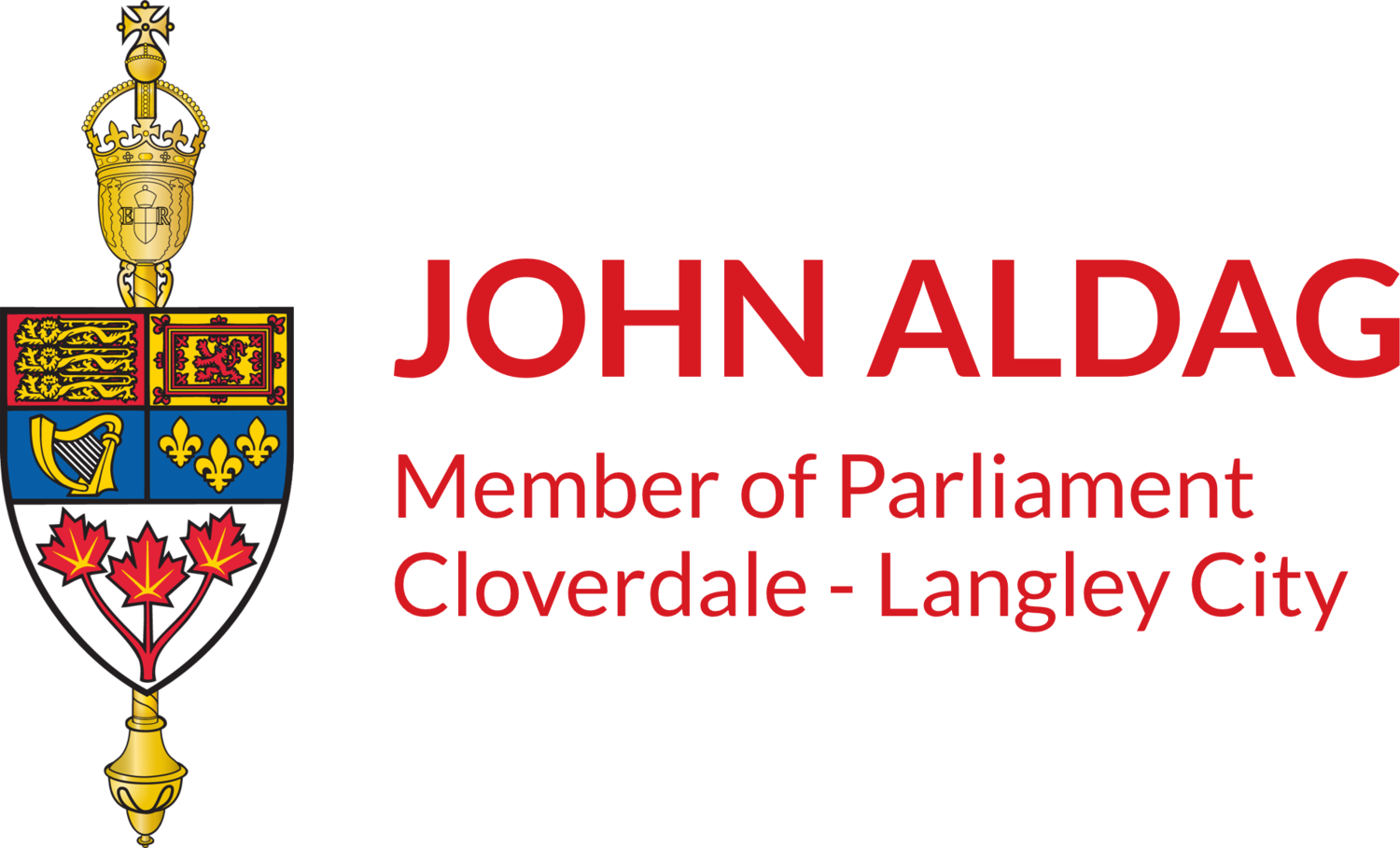✘ Bill C-241 (Travel Expenses for Tradespersons)
Bill
Bill C-241, An Act to amend the Income Tax Act (deduction of travel expenses for tradespersons)
Vote
Nay.
Rationale
Bill C-241 creates significant issues including concerns around tax fairness between tradespeople and apprentices, a lack of safeguards to contain its scope and related costs, and the Bill exhibits a number of technical deficiencies which could lead to exploitation. We are moving forward with Bill C-19 with a Labour Mobility Tax Credit to allow workers in the building and construction trades to deduct up to $4,000 in eligible travel and temporary relocation expenses giving them a tax credit of up to $600 a year.
Passed.
Bill Status
At third reading in the Senate
✘ Bill C-239 (Provincial Tax Agreements)
Voted nay. Bill defeated.
Bill
Bill C-239, An Act to amend An Act to authorize the making of certain fiscal payments to provinces, and to authorize the entry into tax collection agreements with provinces
Vote
Nay.
Rationale
If this Bill passes as is, it could jeopardize the jobs of more than 7,000 employees in rural parts of Quebec, where good federal jobs have previously been inaccessible. Moving to a single tax return would also effectively end the CRA’s ability to effectively administer benefits in the province such as the CCB, GSC, and COVID-like benefit programs if any were ever needed in the future. A single tax administration by Quebec would require Canada to negotiate and enter into new international arrangements. Our international partners may not welcome or be prepared to interact with two separate administrations. These challenges could impact Canada’s ability to combat international tax evasion and meet its legal obligations under international tax agreements.
Failed.
Bill Status
Bill defeated.
✘ S-243 (Reporting on Unpaid Income Tax)
Voted nay. Bill defeated.
Bill
S-243: An Act to amend the Canada Elections Act (Foreign Contributions).
Second reading.
Vote
Nay.
Rationale
The Canada Revenue Agency (CRA) already publishes research and estimates on various components of the tax gap and has a strong public commitment to continue to do so. Therefore, adding a legislative requirement to collect, compile, analyze and abstract statistics on the tax gap in the CRA’s annual Departmental Results Report is unnecessary.
Result
Defeated.
✔︎ C-82 (Multilateral Instrument in Respect of Tax Conventions Act)
Voted yea. Bill adopted.
Bill
✔︎ C-82: An Act to implement a multilateral convention to implement tax treaty related measures to prevent base erosion and profit shifting (Multilateral Instrument in Respect of Tax Conventions Act).
Third Reading.
Vote
Yea.
Rationale
I voted for this bill because it prevents base erosion and profit shifting within the tax treaty.
Result
Passed.
✘ C-240 (Income Tax Act)
Voted nay. Motion defeated.
Bill
C-240: An Act to amend the Income Tax Act (tax credit — first aid)
Report.
Vote
Nay.
Rationale
While incentivizing further participation in First Aid and CPR training courses is a laudable goal, the tax system is not the appropriate vehicle for action and would be unlikely to increase participation. The bill is inconsistent with the government’s stated policy objective of tax system simplicity and efficiency. Further, the credit would be unlikely to increase participation in first aid and other health and safety training programs and would cost the Government an estimated $17 million on an annual basis. Given the significant number of Canadians already enrolled in these courses, the credit would mostly subsidize those already enrolled, rather than incentivizing new enrollments. Finally, the average benefit, in terms of reduced tax payable, would be low relative to administration and compliance costs.
Result
Defeated.
✘ Conservative Opposition Day Motion
Voted nay. Motion defeated.
Bill
Given the proposed changes to the taxation of private corporations as outlined in the Minister of Finance's paper “Tax Planning Using Private Corporations” will have a drastic negative impact on small and medium sized local businesses, the House call on the government to continue, until January 31, 2018, its consultations on these measures
First reading.
Vote
Nay.
Rationale
Continuing these consultations for a longer period could exacerbate the current air of uncertainty for small business owners. The current due date allows our Government to deliver a framework for the new system to allow business owners time to plan for any changes ahead.
Result
Defeated.
